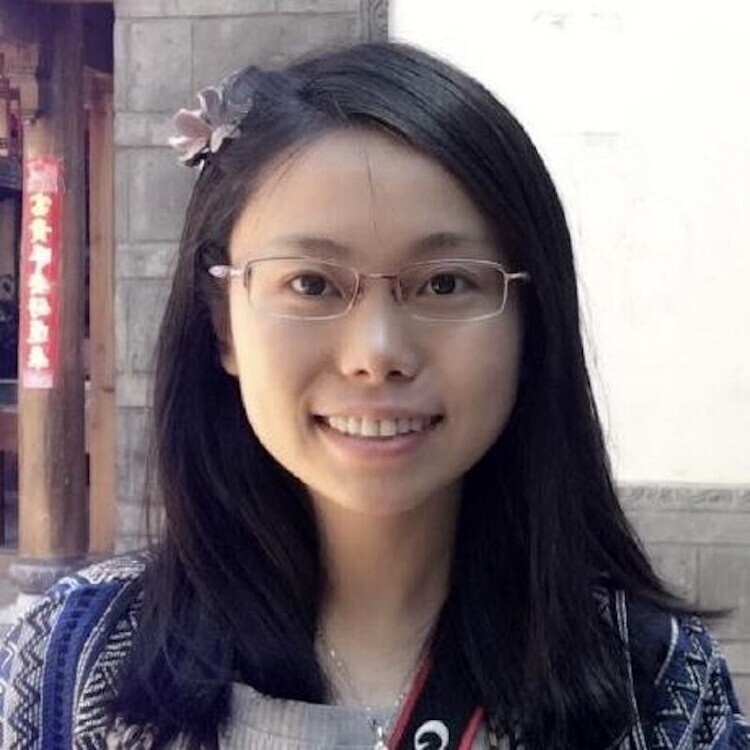
McGovern Institute Special Seminar with Anqi Wu
Description
Special Seminar with Anqi Wu
- Date: Monday, March 17, 2025
- Time: 10:00 am – 11:00 am
- Location: McGovern Seminar Room (46-3189)
Title: Toward a Transformative Framework for Neural and Behavioral Analysis in Naturalistic Contexts
Abstract:
When a mouse freely explores its environment, it continuously perceives stimuli, considers actions, and executes behaviors. Understanding these processes has long been a central goal in neuroscience. Traditionally, researchers have investigated them in controlled experiments with restrictive settings, simple stimuli, and basic behaviors. However, transitioning to naturalistic scenarios introduces new modeling challenges.
Naturalistic behavior is inherently more complex than controlled tasks, characterized by unstructured, self-paced, and unpredictable actions across multiple timescales. In the first part of this talk, I will demonstrate how inverse reinforcement learning can be leveraged to model long-term naturalistic behavior as a sequence of decision-making processes. The next challenge lies in understanding neural dynamics, which exhibit increased variability, lack of repeated, time-locked trials, and strong behavioral-state dependencies. In the second part, I will introduce a framework that incorporates biologically plausible connectivity constraints and higher-order history dependencies into neural dynamic models, yielding interpretable neural states aligned with behavior. Finally, I will explore how neural encoding mechanisms evolve over time. I will show how disentangled latent subspace analysis combined with time-varying models helps move beyond decoding-based mixed selectivity analysis, leading to a more structured understanding of neural representation—an essential advancement for studying neural activity in response to complex stimuli and naturalistic behaviors.
In summary, emerging experimental paradigms increasingly involve complex, multidimensional stimuli and spontaneous, naturalistic behaviors, necessitating a fundamental shift in neural and behavioral data analysis. By advancing and revolutionizing data-driven methods for freely moving, naturalistic scenarios, I aim to contribute to the broader challenge of understanding the neuronal basis of cognition and behavior.
Bio:
Anqi Wu is an Assistant Professor at the School of Computational Science and Engineering (CSE), Georgia Institute of Technology. She was a Postdoctoral Research Fellow at the Center for Theoretical Neuroscience, the Zuckerman Mind Brain Behavior Institute, Columbia University. She received her Ph.D. degree in Computational and Quantitative Neuroscience and a graduate certificate in Statistics and Machine Learning from Princeton University. Anqi was selected for the MIT Rising Star in EECS, DARPA Riser, Alfred P. Sloan Fellow, and Kavli Fellow by National Academy of Sciences. Her research focuses on developing scientifically grounded statistical models to uncover structure in neural and behavioral data at the intersection of machine learning and computational neuroscience. She is broadly interested in creating data-driven models to advance both animal and human studies in systems and cognitive neuroscience.

